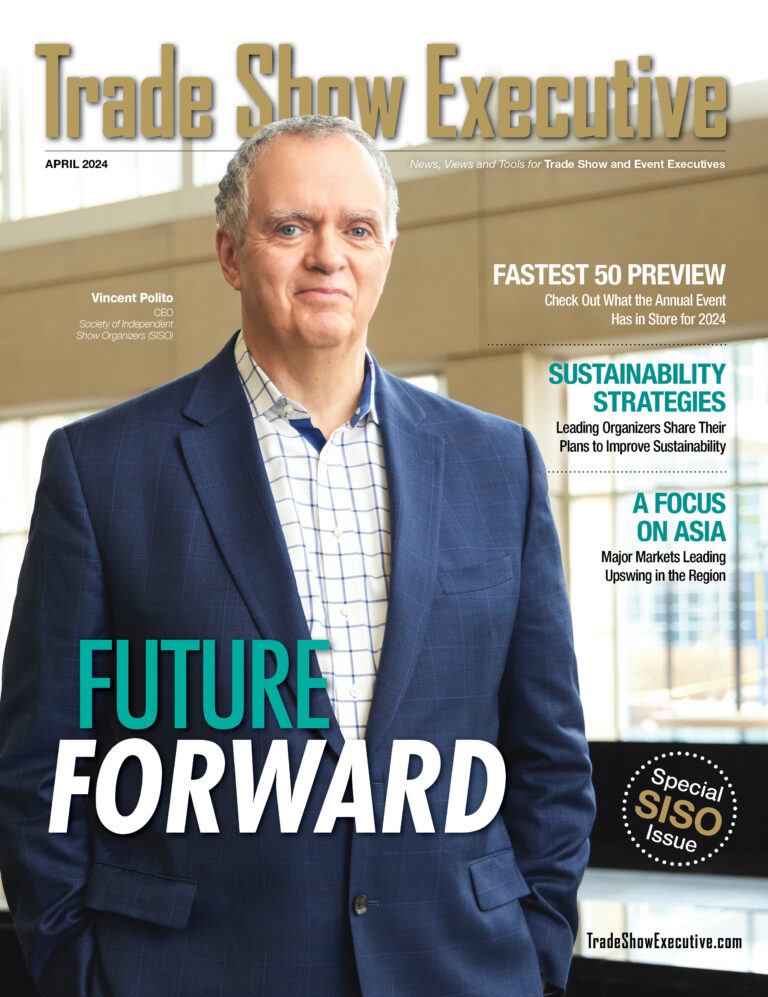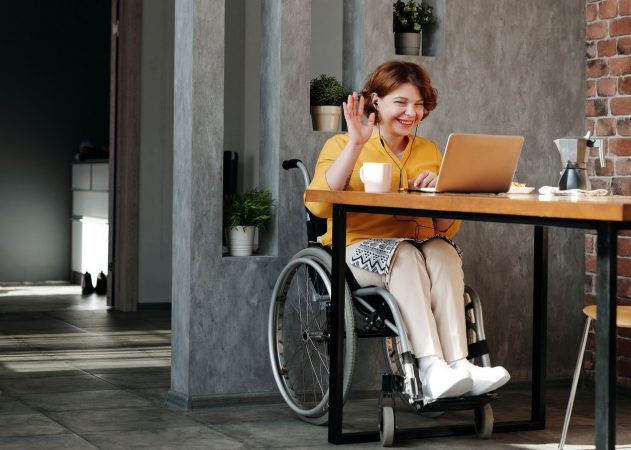CHICAGO — The reach of the Americans With Disabilities Act (ADA) on business events has expanded since the pandemic, in two different ways. The key to its reach, however, lies in the language of the law.
Show organizers have always had to make their content accessible, but with the return to face-to-face business events there are people who are unable to attend in person because of health issues. Does this mean an organization must provide the content to them virtually? According to Kimberly A. Pendo, Partner at Chicago Law Partners, it depends.
“For so long as the ADA has been in existence, organizations have been required to provide reasonable accommodations to attendees with disabilities provided such accommodations do not cause the organization ‘undue hardship.’ This hasn’t changed,” Pendo said. “Just because the prior year’s meeting or conference may have been virtual or hybrid does not mean that the organization must offer a virtual or hybrid meeting in the future to attendees prevented from traveling to the meeting due to a disability.
“As we have all learned, there are many challenges accompanying virtual or hybrid meetings, including increased costs and greater manpower. Accordingly, it is likely that an attendee’s request to participate in the conference virtually would create an undue hardship to the organizer and could therefore be legally denied.”
The second way ADA applies is that the digital events themselves must include attendees requesting an accommodation. This includes those who are blind, deaf or hearing impaired, or have intellectual, developmental or mobility disabilities. The key is to select a platform that provides real-time captions, allows people to magnify screen content, and supports screen readers and interpreters.
An excellent source of tips for making virtual meetings accessible is the Mid-Atlantic ADA Center. For large virtual events, it might make sense to hire an accessibility consultant.
“As groups strive to accommodate attendees in a post-COVID world with increasing travel difficulties and other considerations, the industry may be at a crossroads and should seriously consider how best to meet attendees evolving needs,” Pendo said. “Organizers also should be mindful of ensuring that virtual meetings and webinars are accessible to those with disabilities.”
Reach Kimberly A. Pendo at (312) 929-1964 or kpendo@clpchicago.com
LINKS
Freeman Partners With Hubilo for Virtual, In-Person and Hybrid Events












